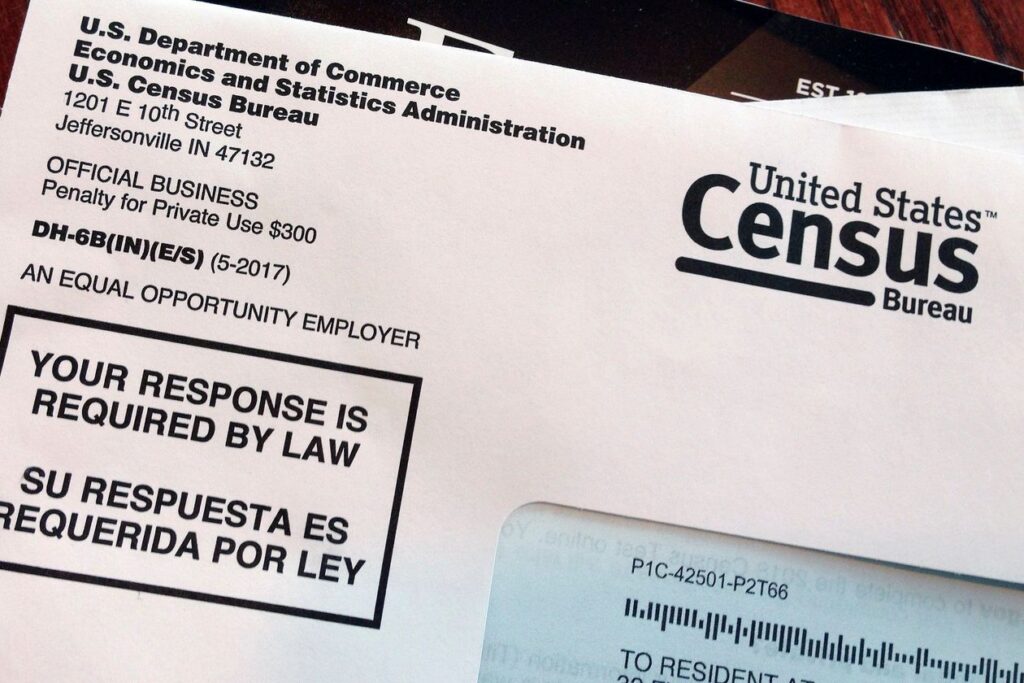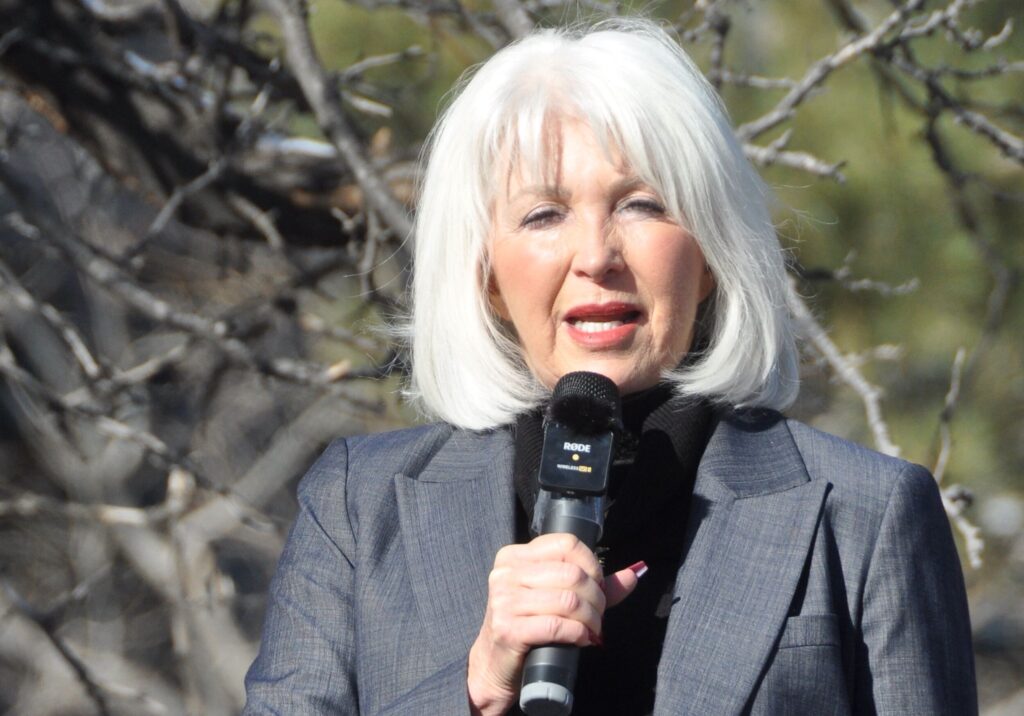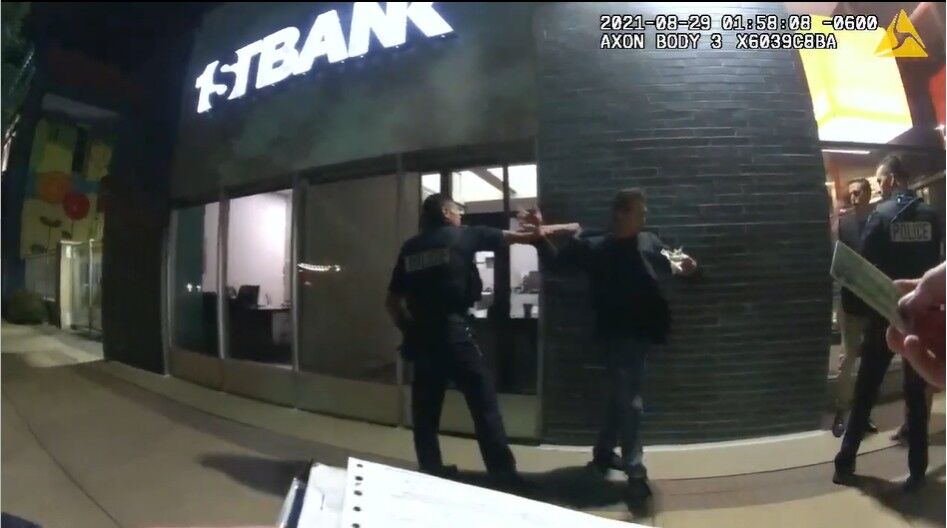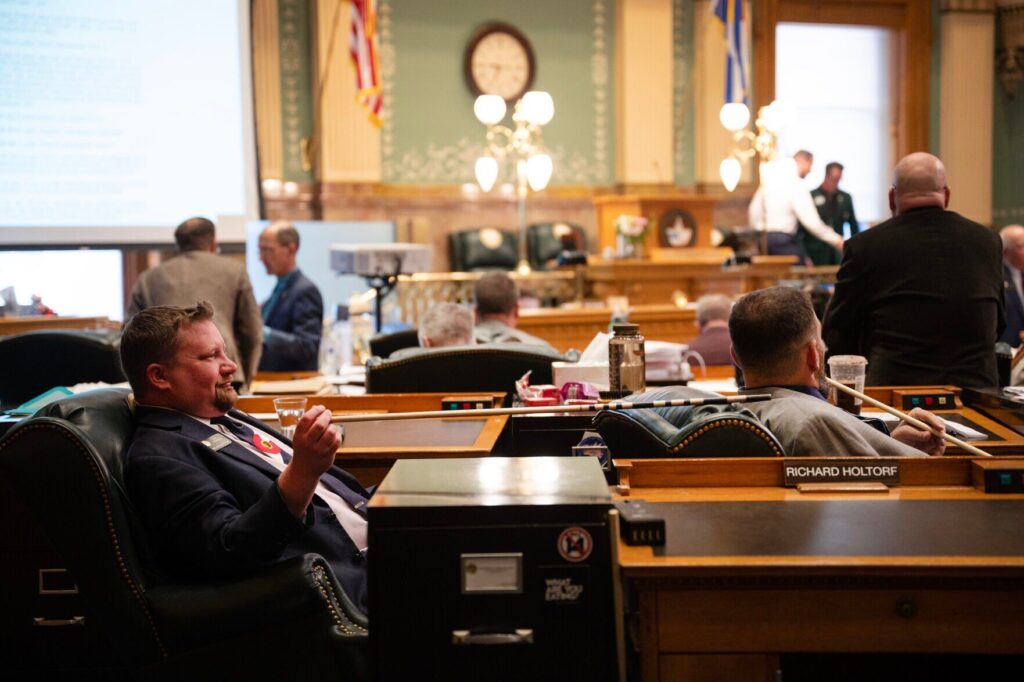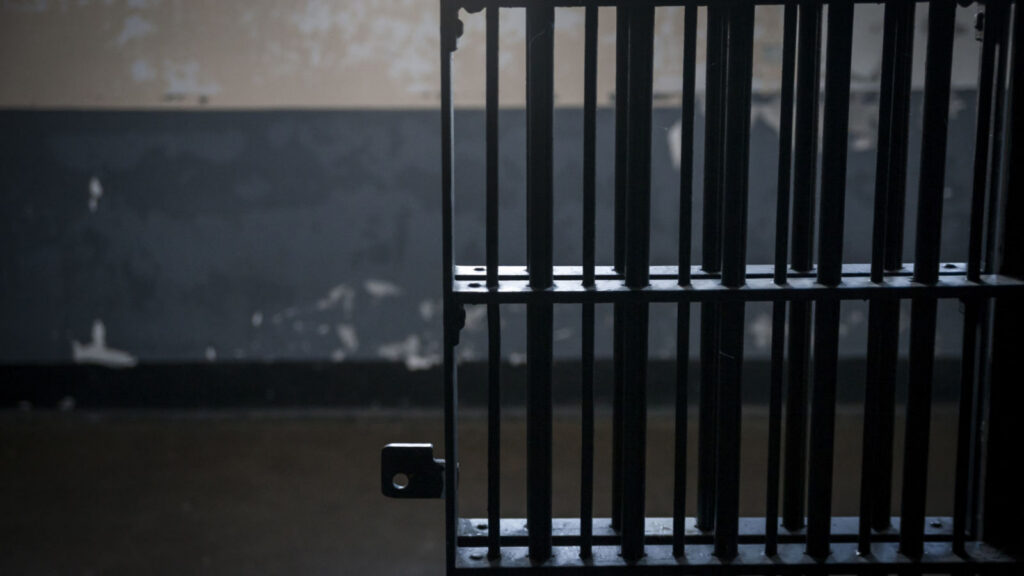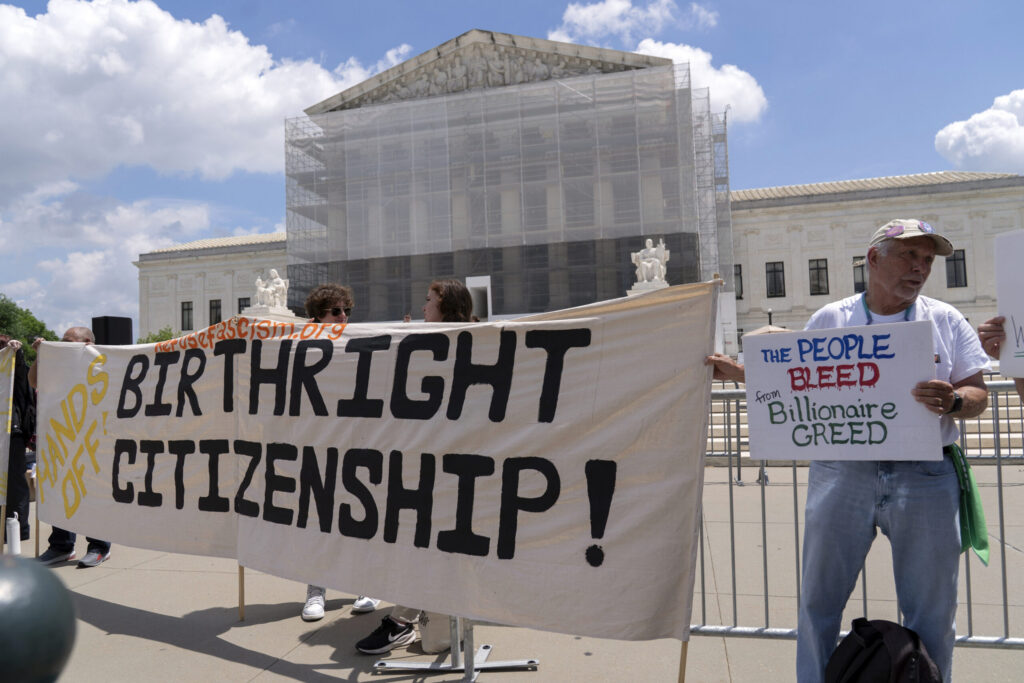RTA property tax extension bill passes House committee
Voters in rural areas of Colorado would continue to be able to approve a property tax of up to five mills to fund mass transit systems in their local communities through 2029, under a bill approved by the House Transportation and Energy Committee Wednesday, Jan.25.
House Bill 17-1018 extends the statutory authority of regional transportation authorities (RTAs) to ask local voters to approve such a tax within a specified area to be served by mass transit. Under current law, RTAs can seek voter approval to levy a property tax until Jan. 1, 2019.
Since the authority to form RTAs was granted by legislators in 2009, only six rural areas of the state have formed authorities and only one, the recently-formed San Miguel Authority for Regional Transportation that includes Telluride, Mountain Village and the eastern part of San Miguel County, have included any level of property tax. The San Miguel RTA set a .75 mill levy. The remaining RTAs rely on either sales tax or sales and uses taxes, and one, Baptist Road RTA that covered part of the City of Monument, was recently dissolved.
State Rep. Diane Mitsch Busch, D-Steamboat Springs, is a co-sponsor of the bill and said forming RTAs “takes awhile, with all the planning, community outreach and other things you need to get a local community on board.”
“RTAs are flexible, locally controlled and offer choices to local voters,” Mitsch Busch added. “In order to pass, you have to make a very good case to voters.”
State Rep. Larry Liston, R-Colorado Springs, is the other co-sponsor and sponsored the original legislation establishing RTAs and the property tax funding option in 2009.
“This meets the spirit of (the Taxpayers Bill of Rights),” he told the committee. “Each RTA board of directors have to make their case to local voters, and if those voters turn it down, that’s fine with me. This is just another arrow in their quiver.”
Liston added in his district, the Pikes Peak RTA has been “a real God send to Colorado Springs and incredibly successful.”
“Many of the major intersections we have have been partly or fully funded by the RTA,” he noted. “If we didn’t have them, Colorado Springs would be nothing but gridlock.”
The fiscal note for this year’s bill explained RTAs are formed by two or more local governments to finance, construct, operate, and maintain regional transportation systems. They can issue bonds to be repaid through several means, including motor vehicle registration fees, sales and use taxes, visitor benefit taxes and property taxes, subject to local voters approval.
Backers note funding need, importance
Dan Blankenship, CEO of the Roaring Fork Transportation Authority that serves the Roaring Fork Valley between New Castle and Aspen and west on I-70 to Rifle, heads the second largest transit system in Colorado, behind the Regional Transportation District in the Denver metro area.
“We’ve heard the new federal administration may cut transit funds and we know the state is very limited in how much money it can spend on mass transit, so to have a local option like an RTA is crucial,” Blankenship testified.
He added the authority’s funding is capped in terms of sales tax rates in its eight member communities, “and we’ve talked about maybe asking our voters for some sort of property tax in 2018 or 2019.”
“We have to get six of our eight members to vote to ask our voters, but we feel we should have the ability and local voters should have the right to decide that issue,” Blankenship added.
Rick Sonnenburg, contract manager for the Pikes Peak RTA, said a one cent sales tax helps provide an $89 million budget for the services it provides in El Paso County and member communities.
“Our board has zero interest in seeking a property tax,” he told the committee. “We’re very satisfied with our sales tax revenue but we hope you support this bill to allow the option.”
Ann Rajewski, co-executive director of the Colorado Association of Transit Agencies, said areas such as Pueblo are looking at asking their local voters to form a RTA, possibly with some level of property tax revenue, and would not have that option without this bill.
“I know the San Miguel RTA had a ‘magic number’ among their local communities of not wanting to charge more than a 10 percent sales tax, so having the property tax option to help get to the level of funding they needed was crucial,” she testified.
Greg Clifton, Telluride city manager, said the San Miguel RTA was approved by 63 to 67 percent of voters in each community in the 2016 general election. Those voters approved a 0.25 percent sales tax and a property tax of 0.75 mills. That property tax is expected to generate about $600,000 per year, according to the bill’s fiscal note.
Clifton added the San Miguel RTA is helping fund an aerial tramway between Telluride and Mountain Village, to be used by workers and non-skiers.
Dissenter opposes property taxes
While all those who testified favored the bill, committee member Jon Becker, R-Fort Morgan, said he was “Never a big fan of property taxes because of the burden they put on small businesses” and asked the bill’s sponsors about a possible amendment to remove the property tax option.
“I think if a community is concerned about its property taxes, it would be highly unlikely they’d be asked to approve those taxes” for an RTA, Mitsch Busch responded. “I think it should be a tool at the disposal of local voters.”
Liston added he was not encouraging RTAs to ask for property tax hikes by co-sponsoring the bill.
“And I would point out there’s only one RTA that’s done that and their mill levy is very low,” he said, referring to the San Miguel RTA.
Neither Becker nor any other committee member offered any amendments and the committee voted 10-3 to refer the bill to the full House for consideration. If approved by both the House and Senate, where its sponsor is Sen. Bob Gardner, R-Colorado Springs, the bill takes effect Aug. 9.


